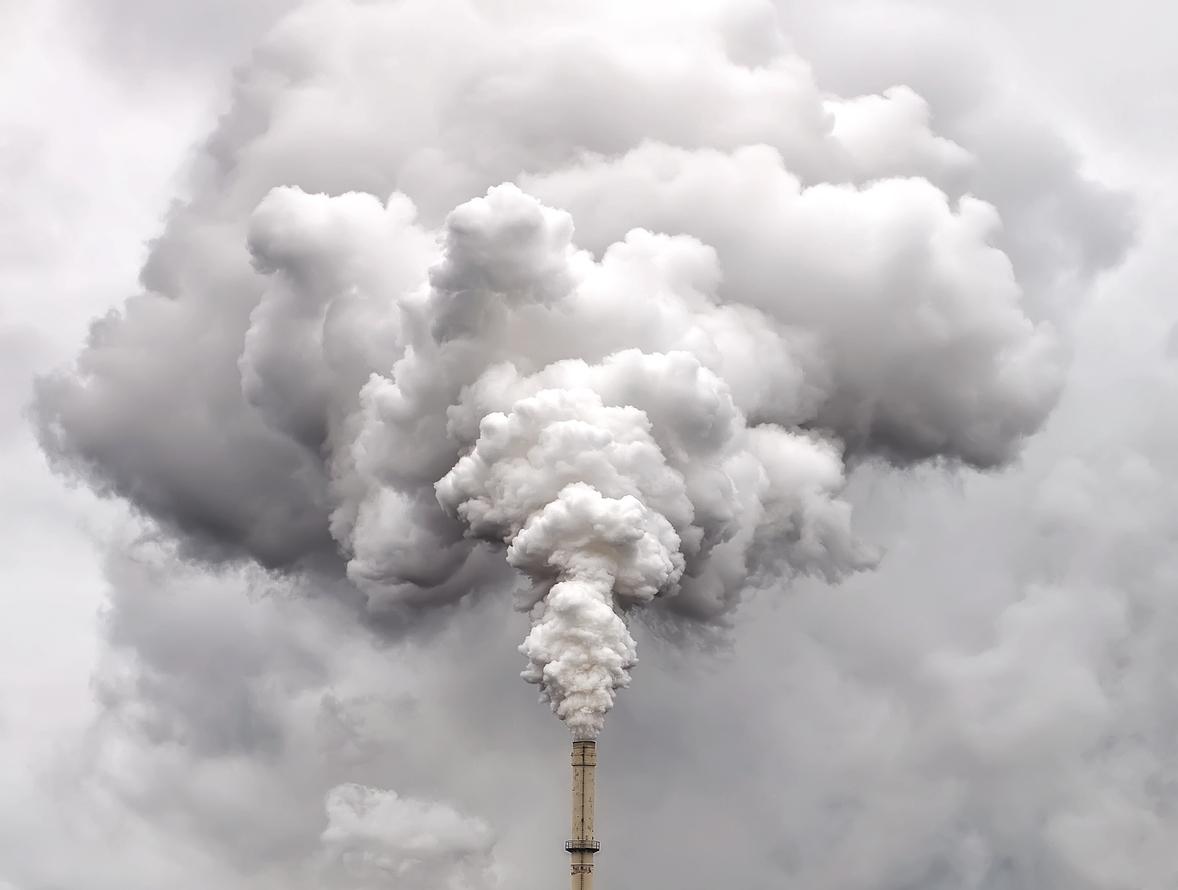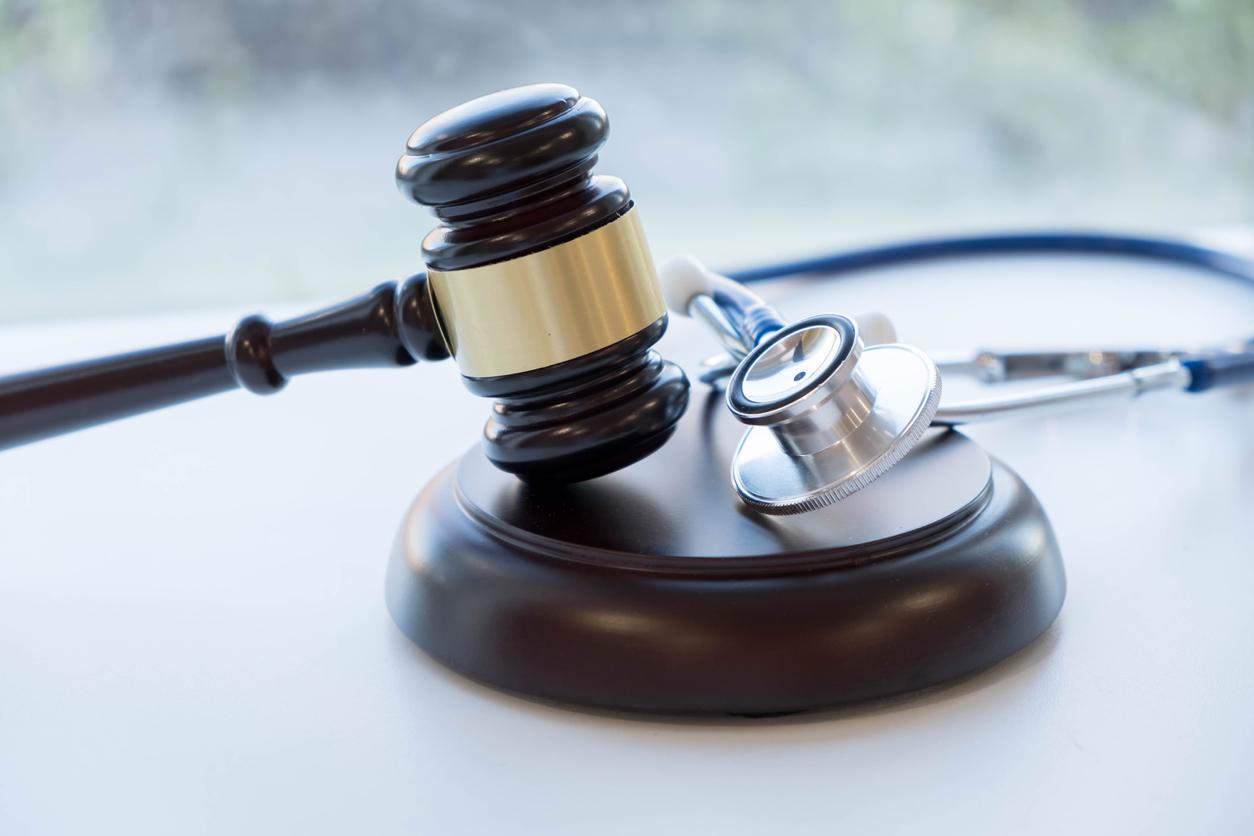The association of victims of Dépakine seized the Tribunal de Grande Instance of Paris. This is the first class action lawsuit in France.

The Dépakine case gave rise to the very first class action before the French courts. The association of victims of this antiepileptic, responsible for congenital malformations and neurodevelopmental delays in children exposed in utero, appealed to the Paris Tribunal de Grande Instance. The information released this Wednesday by France Inter was confirmed to us by Marine Martin, president of this association.
APESAC (Association for the Assistance of Parents of Children Suffering from Anti-convulsant Syndrome) brings together 2,900 families, or around 4,200 victims, some couples having had several children suffering from disorders linked to sodium valproate (marketed first by Sanofi under the name Dépakine, then generic).
Lack of information
First, the class action is filed in the name of this association of victims founded in 2011, approved by the Ministry of Health and recognized in the public interest – conditions sine qua non to be able to carry out a “class action”. “The judge has between 18 and 24 months to rule on the questioning of the laboratory and to condemn or not a lack of information, specifies Marine Martin. It is after, according to the decision of the judge, that the families will be able to join and file their complaint within this class action “.
APESAC made a first appeal to Sanofi on December 13. The laboratory had four months to respond to the accusation made against it, namely, the lack of information on the leaflets of the drug as to the risks associated with its taking during pregnancy. “We had no response; the deadline has passed, so we have referred the matter to the judge ”.
If the court recognizes Sanofi’s responsibility and decides to pursue this class action, many families could file a lawsuit. “The brake is often financial, but in the case of a class action, the legal fees are borne by APESAC”, explains Marine Martin. The files will then be studied on a case-by-case basis, with varying amounts of compensation depending on the severity of the breach.
“Sanofi does not intend to pay”
In a letter dated April 4, 2017, Sanofi tried to dissuade the association from pursuing a class action, arguing “uncertainties regarding the implementation” and the feasibility of such a procedure. The laboratory suggests sticking to an amicable procedure, providing for compensation by the State through the public funds of ONIAM (National Office for Compensation for Medical Accidents).
In fact, APESAC has launched a procedure with ONIAM in order to increase the number of appeals and increase its chances of success. A decree published at the beginning of May in the Official Journal set up a committee of experts responsible for evaluating the damages and ensuring their full compensation.
“But it is not for the State – and therefore for taxpayers – to pay, considers Martine Martin. Sanofi’s position consists in saying that the fault lies with the State because it is the State which granted the MA (marketing authorization) for Dépakine; but when Volkswagen cheated on its engines, we did not ask the German state to compensate the victims… Sanofi must put its hand in its pocket ”.
To date, the laboratory does not actually hear it that way. According to APESAC, the director of Sanofi indicated at the last general meeting that he had not yet made provision for compensation funds. “They do not intend to pay,” deplores Marine Martin. The company could also play the prescription card.
Thousands of children exposed
In the meantime, the association has succeeded in modifying the sodium valproate leaflets and in putting in place a pictogram on the medicine boxes in order to alert pregnant women.
According to the National Medicines Safety Agency (ANSM), between 2,150 to 4,100 children presented damage following in utero exposure to sodium valproate. In a recently published book, Marine Martin estimates this number at 14,000 potential victims.
The principle of group action, implemented for the first time in France with Dépakine, was established by the health law, in accordance with the procedures specified in a decree dated September 26, 2016.
.

















